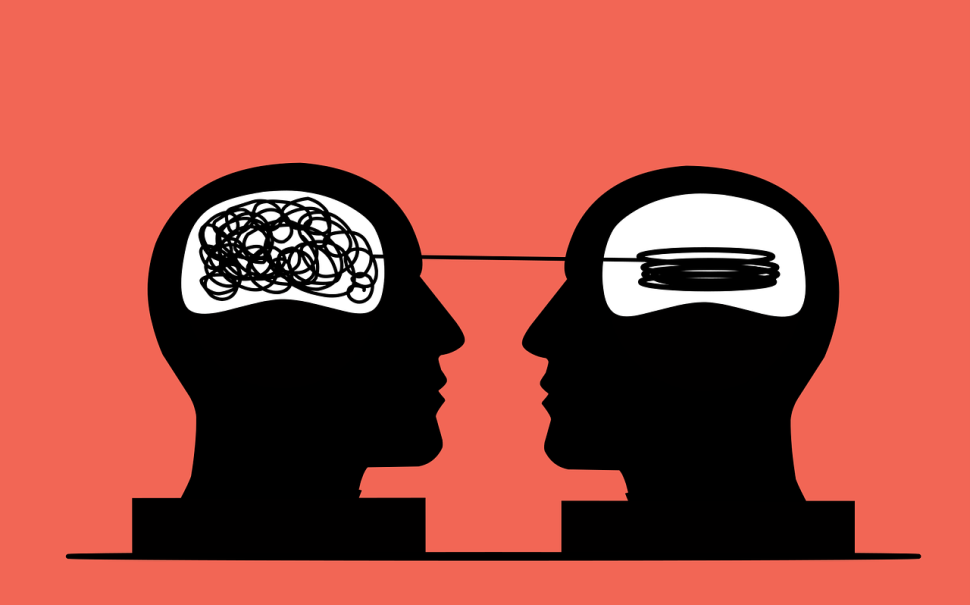The mental health of young people aged 16-24 has declined in the UK, new research shows.
More than one in 20 students reported a mental health related illness in 2021, according to a survey conducted by Parliament, up from under 1% in 2010/11.
Similarly, one in five 17-to-22-year-olds were diagnosed with a probable mental illness in 2020, a NHS report found.
Additionally to this report, due to the pandemic, more than one in five (21.7%) 17 to 22-year-olds with a mental health problem stated that they had chosen not to seek treatment for a mental health issue.
Cleveland Clinic London worker Anna Ngabirana commented: “I’m not surprised youth mental health was bad during Covid and even worsened after.
“The NHS should be doing more because there’s long wait times, personally it took me six months to even get a referral. Clearly they’re back-logged.”
There are numerous explanations for why the pandemic worsened mental health, with the common ones including increased loneliness, extreme social and environmental isolation, and decreased motivation.
Furthermore, the requirement to complete classes and some exams online, as well as having predicted grades, would have added to the anxiety and stress pupils experienced during the pandemic.
Oxford University researchers under the direction of Professor Willem Kuyken examined the mental health issues and general wellbeing of thousands of secondary school students in the UK who went through three lockdowns and a group of students who took part in the same study prior to the pandemic’s emergence in 2020.
In summary, the findings were:
- The pandemic was associated with a higher risk of depression, social, emotional, and behavioural problems, as well as worse mental health in general among young people.
- Over time, both groups’ mental health deteriorated, but the pandemic group’s mental health deteriorated more.
- Cases of depression increased 8.5% in those going through the pandemic versus 0.3% in the pre-pandemic group.
Fast forwarding to 2024, the number of statistics related to youth mental health has risen.
Third year sociology student, Oliver Turner said: “It’s clear that younger people are struggling. The NHS is doing a really terrible job, especially after Covid. I had to turn private.”
According to FORTH, young people are the most affected by mental health issues, with nearly a quarter (23.5%) rating their mental health as ‘bad’ or ‘the worst it’s ever been.’
Whilst there is a high percentage of ‘good/average’ results, the ‘bad’ percentage is worse compared to the ‘great’ results.
There is also a notable distinction between this demographic and the 25-34 year-old demographic.
Here, these figures above show that they have a higher percentage of ‘excellent’ and the ‘best it’s ever been’ – 36% compared to 25%.
In contrast, they have a lower percentage of ‘bad’ and ‘very worse – worst it’s ever been’ – less than 15%.
NHS England was approached for comment.





Join the discussion